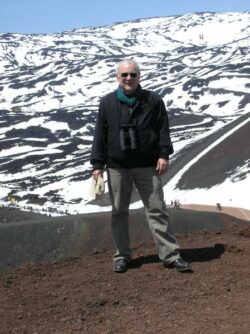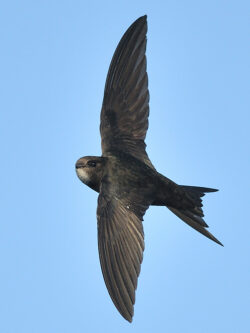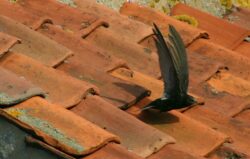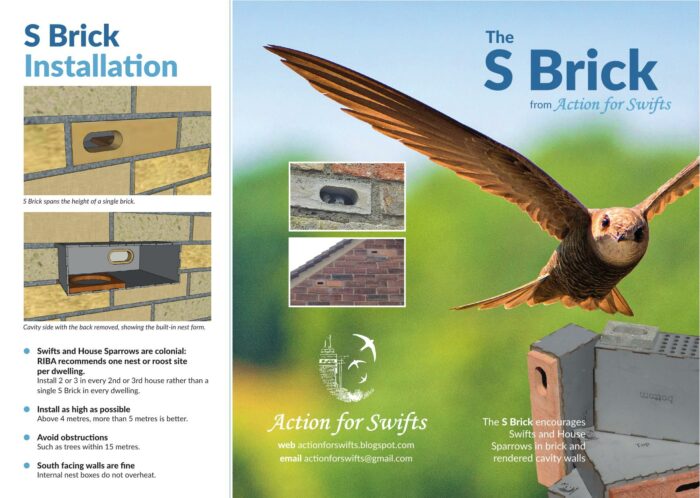Date: Tuesday, 27 April 2021
Time: 18:30-19:30
Location: Online (Zoom)
The BirdLife Malta Events & Activities Committee would like to invite you to join us, as we hear from our guest speaker – Swift & Urban Wildlife Conservationist Edward Mayer.
In 2003 Edward Mayer pioneered an approach to preserving the future of the Swift through advice, talks and the encouragement of widespread volunteer action. Having realised that Swifts were in decline in the area he lived in, he tried to find out the reasons. These turned out to be the replacement of roofs and the insulation of old houses, which blocked the holes where the Swifts had lived. He studied the efforts of Swift experts in Germany, and began his work by creating “London’s Swifts” – an internet-based advice service focusing on how to preserve existing nest sites and create new provision. It was such a success that the Royal Society for the Protection of Birds (RSPB) (our BirdLife partners in the UK) asked him to make it a national service and “Swift Conservation” was born.
After getting a request for help from Spain, Edward widened its scope to cover Europe. Edward’s previous career helped. For 12 years he had managed the property, infrastructure and facilities of the Tate Gallery. As Swifts are now dependent on holes in buildings for nesting, his work at the Tate gave Edward the expertise for practical discussions with builders, architects, and those responsible in local government for planning, biodiversity policy and the conservation of old buildings; all of whom have influence on the survival of these charismatic birds.
Moving on from Swifts, Edward realised that the key to preserving many other beneficial and attractive species was to support their presence within our towns and villages, even cities. Starting in the 19th century with the consequences of industrialisation, then latterly ignored, but now active again, research work has shown that access to parks, gardens and areas like allotments is highly beneficial to human health and happiness. With the massive decline of many species living in the countryside, who have fallen victim to the increasing use of agricultural chemicals, urban areas have become home to many species, especially small invertebrates like bees and small birds. Edward’s thesis is that it makes good sense to support wildlife within our urban areas, both for these species and most importantly, for ourselves.
We invite you to join us on this talk to hear how you can support attractive and beneficial wildlife in your community. If we do not start to make changes to the way we do things, we will be faced with a lifeless world, with appalling consequences for our mental and physical health, as well as eventually, our survival as a species.
Participants and members interested in joining can book a screen for the Zoom presentation by registering their details on this google form, by no later than the 25th of April 2021.
A link will then be sent 24 hours prior to the presentation. Those participating should ensure they have the relevant Zoom Video Conferencing app installed on their devices.




